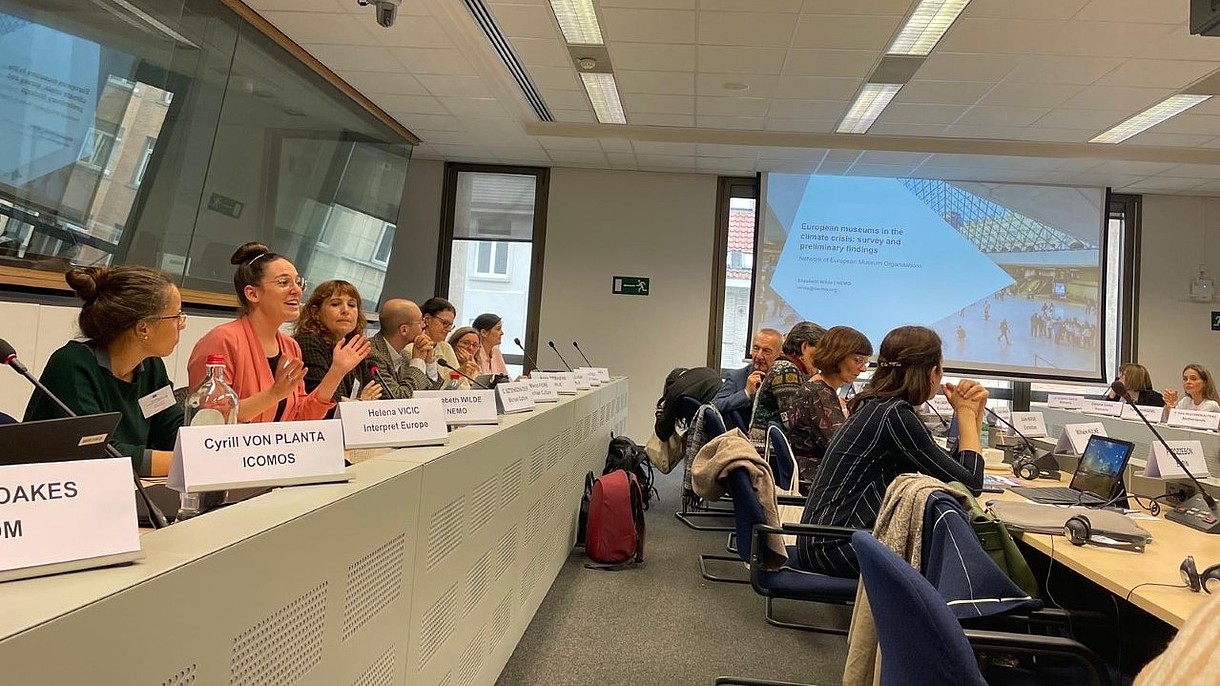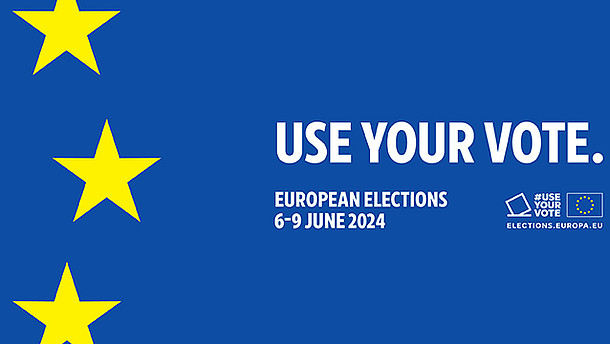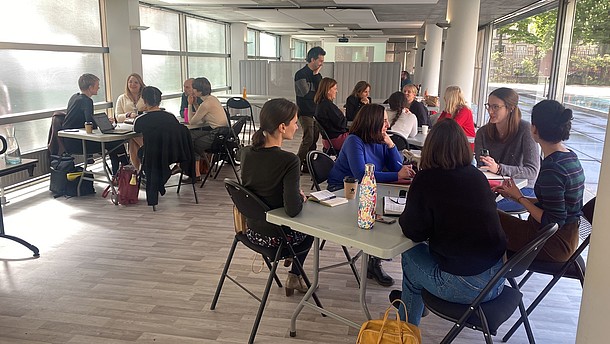Elizabeth Wilde had been invited to present NEMO’s recent work on the topic of museums and the climate crisis. Many of the findings and recommendations presented by Wilde aligned well with the recent OMC report culture and the climate crisis. While the methodology and scope of the two reports are different, core elements of their results partner: museums are on the precipice of change, and if adequately supported, can be an ally in Europe's sustainable transition. Wilde presented core preliminary findings of NEMO's 2022 anonymous survey about museums and climate action, the final report of which is due next month.
The meeting had been kicked off with an introduction by members of the DG, including the new director, Georg Haeusler. The group was also treated to a presentation of the recent OMC report on culture and the climate crisis: “Stormy Times. Nature and humans: Cultural courage for change”. Lead researcher, Johanna Leissner, gave an inspiring account of the data collection, report recommendations and impressive global reception. It is clear that culture remains an under acknowledged potential ally in Europe's sustainable transition.
Following Leissner's presentation, Lucas Fasano of DG EFIS presented the impressive work of Europe's Copernicus, the world's most comprehensive satellite imaging project. Fasano described the many potential uses of Copernicus data (freely available online) for cultural heritage professionals, particularly as they seek to prepare and mitigate against the effects of climate change. The importance of satellite imaging and data was also acknowledged in the context of war and conflict, and the consequences for sites and houses of cultural heritage.





